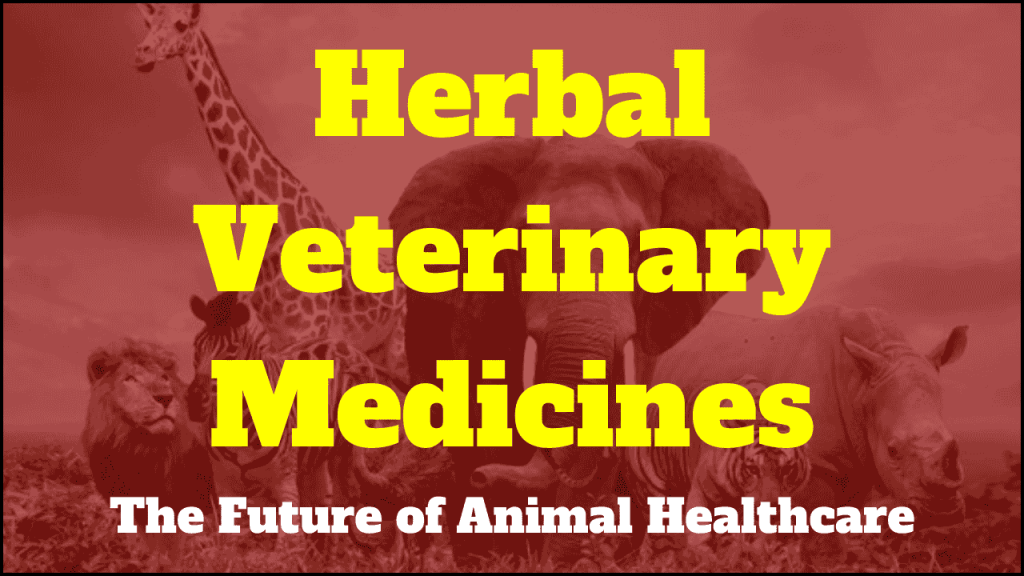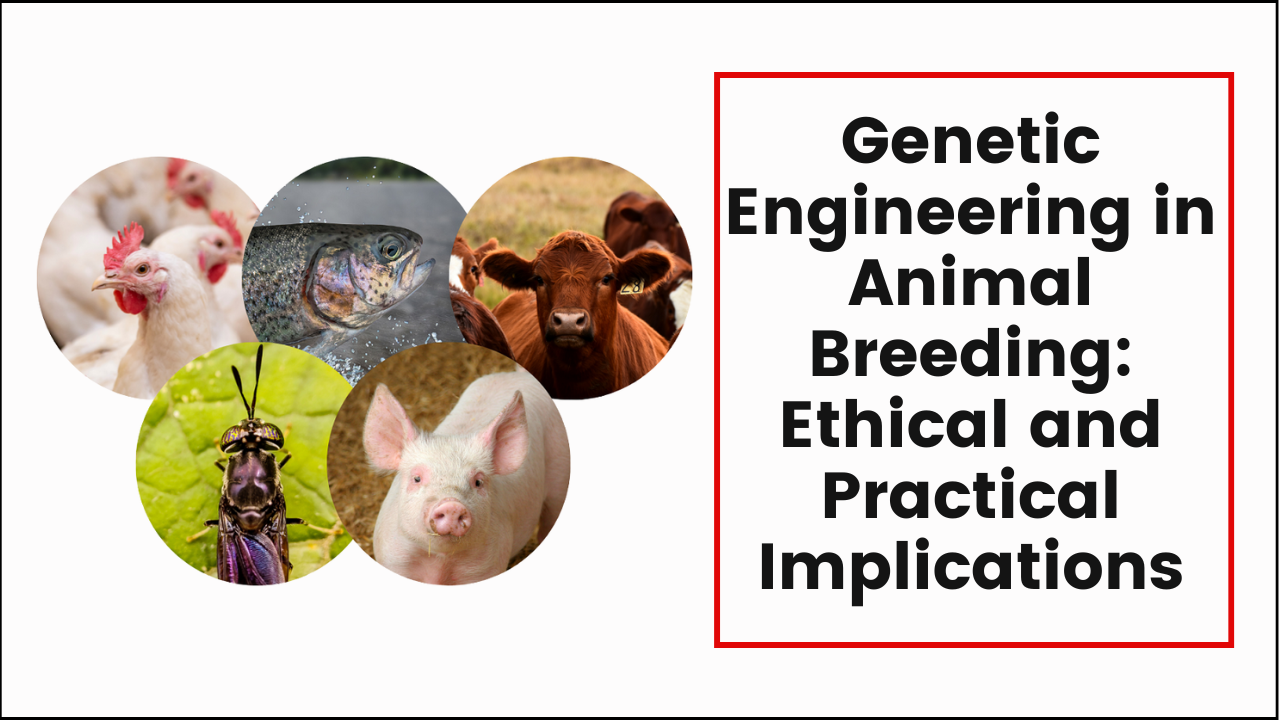
Herbal veterinary medicines are made from natural plant-based ingredients. Animal healthcare is changing with the use of herbs in treating various diseases. Farmers and veterinarians are turning to herbal medicines for safer treatment. Modern medicine often causes side effects, while herbs provide a safer alternative. Demand for organic products increases the popularity of herbal animal care. Traditional knowledge combined with scientific research improves herbal practices.
Table of Contents
Importance of Herbal Medicines in Veterinary Care
- Herbal medicines help in treating common infections and diseases in animals.
- Digestive problems, skin issues, wounds, and fever respond well to herbal treatment.
- Immune system improvement is another benefit of herbal remedies.
- Long-term use of chemical drugs may harm animal organs, but herbs are gentle.
- Cost-effectiveness makes herbal medicines affordable for farmers.
Advantages of Herbal Veterinary Medicines
| Advantage | Explanation |
|---|---|
| Natural and Safe | Herbs do not cause harmful side effects like synthetic drugs. |
| Environment-Friendly | Waste from herbal products does not pollute the environment. |
| Cost-Effective | Local herbs are cheaper than imported chemicals. |
| Suitable for Organic Farming | Herbal treatment meets organic standards in dairy and poultry farming. |
| No Withdrawal Period | Herbal products allow continued milk and egg production during treatment. |
| Boosts Immunity | Regular use improves resistance to infections and diseases. |
| Reduces Antibiotic Use | Herbal alternatives cut down unnecessary antibiotic treatments. |
Common Herbs Used in Animal Healthcare
| Herb Name | Use in Animal Health |
|---|---|
| Neem | Used as an antiseptic and antiparasitic agent. |
| Turmeric | Heals wounds and reduces inflammation. |
| Tulsi (Holy Basil) | Helps in respiratory and digestive problems. |
| Ashwagandha | Acts as a stress reliever and immunity booster. |
| Aloe Vera | Treats skin conditions and promotes digestion. |
| Giloy | Works as a fever reducer and immunity booster. |
| Garlic | Known for its antibacterial and antifungal properties. |
| Fenugreek | Supports milk production and helps in digestion. |
Use of Herbal Medicines in Dairy Farming
- Herbal supplements are widely used in dairy farms for improving milk yield.
- Cattle often suffer from mastitis, a painful udder infection; herbs like turmeric and neem offer relief.
- Herbal tonics help cows recover faster after calving.
- Uterine infections are treated with herbs like ashwagandha and garlic.
- Farmers use herbal sprays for repelling flies and ticks.
Role in Poultry Farming
- Poultry birds frequently face respiratory infections and digestive problems.
- Herbal additives improve bird growth and reduce mortality.
- Tulsi, turmeric, and neem are mixed in water or feed for daily health support.
- Herbal dewormers help eliminate intestinal worms without harming the bird.
- Egg-laying hens benefit from herbal tonics to maintain egg production.
Impact on Aquaculture
- Herbal extracts reduce stress in fish during handling and transport.
- Fish diseases, such as bacterial infections, are managed with plant-based treatments.
- Water quality improves when herbal additives are used in ponds.
- Immunity of fish increases, leading to healthier and faster-growing stock.
- Aquaculture farmers save money with locally available herbal options.
Challenges in Herbal Veterinary Medicine
| Challenge | Explanation |
|---|---|
| Lack of Awareness | Many farmers are unaware of herbal solutions and stick to chemical drugs. |
| Limited Research | Scientific studies on herbs in animal care are fewer than in human medicine. |
| Dosage Standardization | Correct dosage is difficult to determine without expert advice. |
| Market Availability | Herbal medicines are not easily available in all regions. |
| Veterinary Training | Few veterinary courses cover herbal medicine use. |
Efforts to Promote Herbal Veterinary Healthcare
- Government and NGOs organize training programs for farmers.
- Research centers study the effects of herbs on animal health.
- Universities offer short courses and workshops in herbal veterinary science.
- Herbal medicine companies are producing ready-to-use veterinary products.
- Social media and rural campaigns help spread awareness among local communities.
Future of Herbal Veterinary Medicines
- Demand for chemical-free milk, eggs, and meat continues to grow.
- Organic animal farming encourages the use of herbs in daily practice.
- Advanced technology helps in extracting active compounds from plants.
- Herbal veterinary science is expected to expand into mainstream veterinary education.
- International markets show interest in India’s traditional herbal remedies for animals.
Herbal Veterinary Medicines and Sustainable Agriculture
- Herbal care reduces the use of antibiotics, lowering drug resistance.
- Chemical-free waste helps maintain soil and water quality.
- Healthy livestock contributes to better productivity and profit for farmers.
- Traditional plant knowledge strengthens local biodiversity and ecosystem health.
- Integration of herbs in animal care supports climate-resilient farming systems.
Wrapping Up
Herbal veterinary medicines offer a natural, safe, and effective path for animal health. Farmers, researchers, and veterinarians need to work together to expand herbal use. Scientific validation and increased awareness can bring herbal care to every farm. Future animal healthcare will likely rely on a blend of traditional and modern systems. Herbal veterinary medicines are not just an alternative; they are the future of sustainable animal healthcare.





